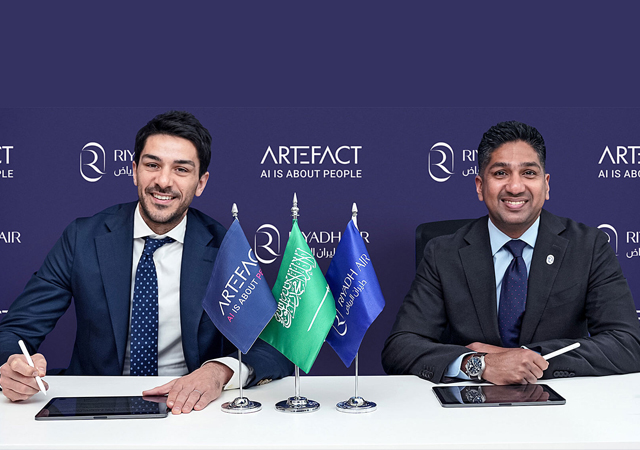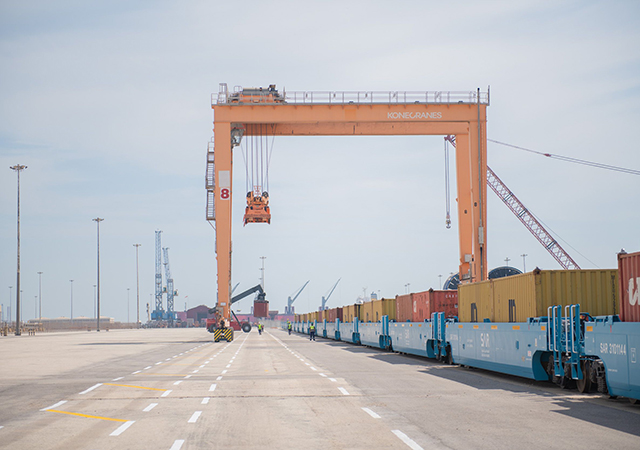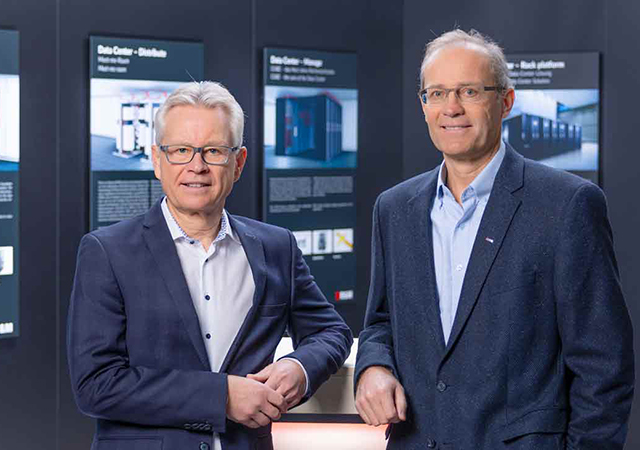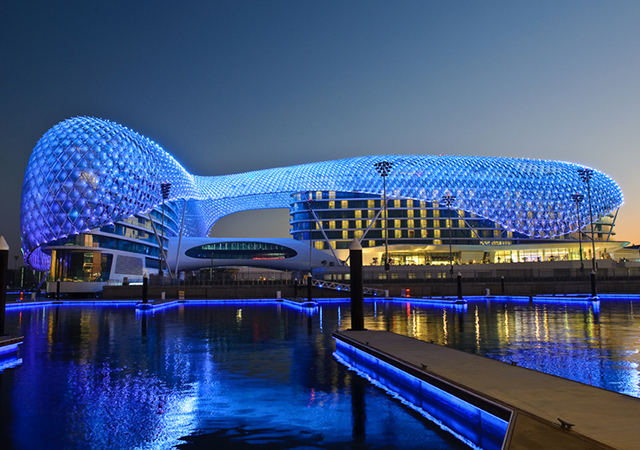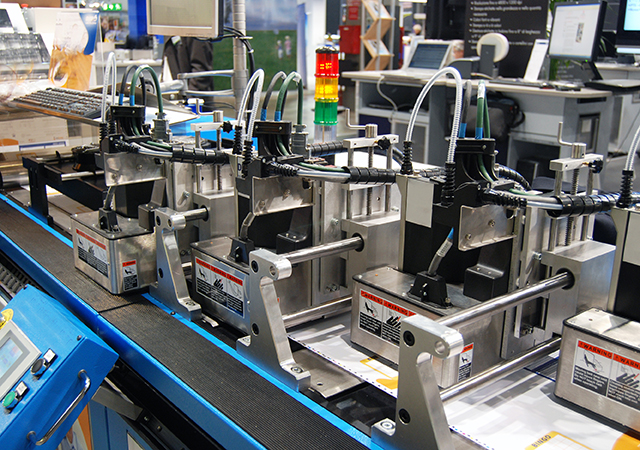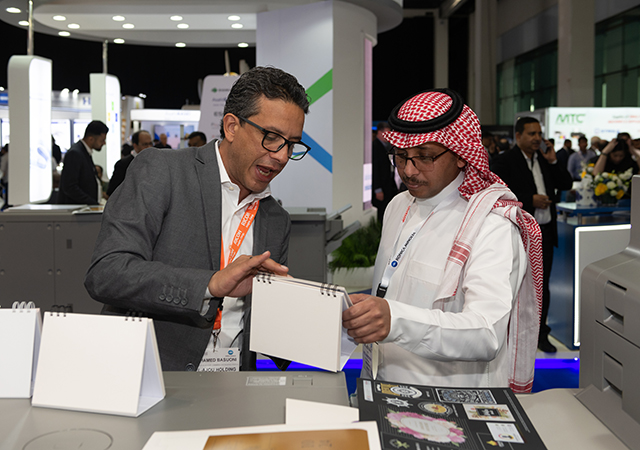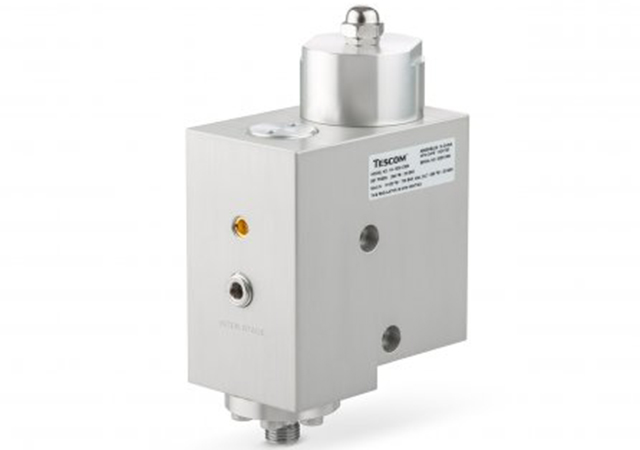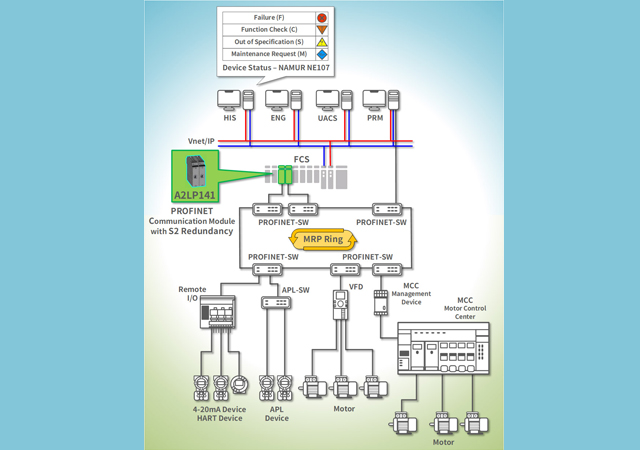
 The Alcoa headquarters at Pittsburg, USA
The Alcoa headquarters at Pittsburg, USA
Rio Tinto is in talks with Chinese aluminium giant Chalco about potential joint ventures at its mining and refining operations in far north Queensland.
Chalco parent Chinalco and US partner Alcoa secured a 9 per cent stake in Rio in a share raid earlier this year, sparking speculation the aluminium makers wanted first rights to any aluminium assets that might be carved off if BHP’s $180 billion takeover bid for Rio was successful.
Rio Tinto Alcan chief executive, Dick Evans, said that Rio’s discussions with Chalco pre-dated Chinalco’s entry on the miner’s share register.
“We’re moving along very independently with our feasibility work and valuations, but we’re very aware that somewhere along the line there could be a cooperative play with Chalco, depending on what their interests are,” he told journalists on a tour of Rio’s aluminium smelting operations in Quebec, Canada.
“We have had some talks with them about that at the operating level and continue to do so. The talks have been ongoing for months.”
Chalco chairman Xiao Yaqing acknowledged in Beijing that talks with Rio were continuing and described the discussions as “going well”.
However Xiao would not be drawn on where the proposed smelter would be located. Bowen in north Queensland has been tipped by insiders as the likely location.
Rio’s Weipa bauxite mine - the largest operation of its kind in the world - is situated slightly to the north of Chalco’s undeveloped Aurukun deposit on Cape York Peninsula about 900km north-west of Cairns.
The Aurukun reserves were originally part of a lease held by French industrial giant Pechiney. The Queensland Government, however, took back Aurukun and put it up for sale following Alcan’s acquisition of Pechiney in 2003 because it wanted to see the deposit developed.
Evans said Rio’s potential partnerships with Chalco included the joint development of Aurukun or even shared ownership and use of a proposed port at Pera Head.
“It could run the full spectrum from joint venturing some assets to just a shared access to port, so there’s a whole spectrum of potential arrangements,” he said.
“It depends greatly on what Chalco plans to do with their reserves.” Evans has told media he is confident that Rio would sell its aluminium packaging business by the end of the year.
“It’s moving along, a lot of the preliminary work’s been done and we’re now moving into the stage of getting ready to talk to buyers,” he said. “It’s very much on schedule.”
Official talks about the sale of the packaging business had not yet started, Evans said, although Alcan had conducted preliminary talks with interested parties before being acquired by Rio for $38 billion last year.
However, some analysts believe the business, which is estimated to be worth $12 billion, is proving difficult to sell because the global credit crisis has made it trickier for potential acquirers to raise the funds for such a large purchase.
Evans also said BHP’s bid for Rio would likely raise competition issues linked to the two mining giant’s bauxite and alumina operations.
“There is enough concentration that it will merit a look,” he said. “It is not a no-brainer.”
In comments during his presentation to journalists, Evans said that Rio’s Gove alumina refinery in the Northern Territory was being seriously affected by the record high oil prices.
Rio was looking at converting the oil-powered operation to alternative energy sources such as gas or coal, he added.


